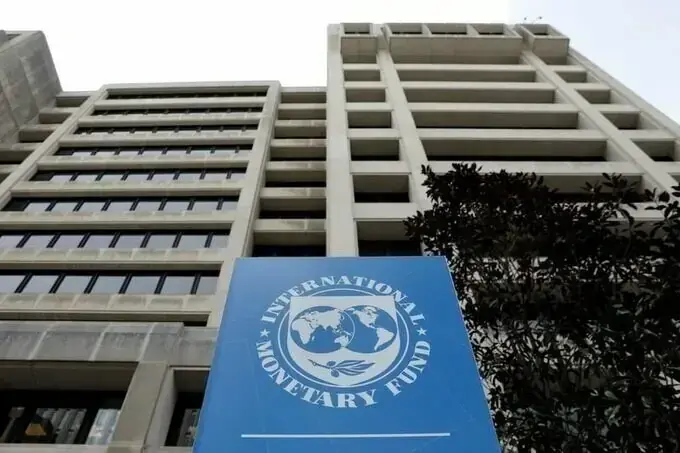Economic activity in the Middle Eastern and North African (MENA) region and Pakistan has “been stronger than expected” this year, said the International Monetary Fund (IMF) on Tuesday.
The Washington-based multilateral presented its latest regional economic outlook on Tuesday, forecasting growth of 3.2% this year in the MENA region and 3.7% in 2026 – 0.7 and 0.3 percentage points higher, respectively, than its previous projections in May.
“Economic activity in the MENA region and Pakistan has been stronger than expected,” Jihad Azour, IMF director for the Middle East and Central Asia. “We now project growth of 3.2% in 2025, up from 2.1% in 2024, and higher than our April forecast.”
Azour highlighted that oil exporters have benefited from higher oil output following the faster unwinding of OPEC+ cuts. Whereas, oil importers and Pakistan have gained from low energy prices, strong remittances, and a vibrant tourism sector, all supporting domestic demand.
IMF says growth accelerating in Middle East, North Africa 12
“Looking ahead, growth is expected to rise to 3.7% in 2026, while inflation should remain moderate, helped by lower food and energy prices and tight monetary policies,” he said.
He noted, however, that the inflation trend remains mixed, easing in most MENA economies and Pakistan, but accelerating and still elevated in many CCA countries due to robust demand and important price pressures.
“Overall, the outlook is positive but not without risks. In MENA and Pakistan, growth should continue to strengthen, supported by reforms and resilient domestic demand,” Azour said.
As per the report, Pakistan’s growth is projected to increase to 3.6% in 2026, “supported by steady reform implementation and improving financial conditions and confidence”.
The IMF highlighted that in Pakistan, while inflation has “decelerated significantly this year thanks to lower food and energy prices, it is expected to increase in 2026 on account of the normalisation of these prices and the phasing out of short-term electricity subsidies”.
It noted that the severe flooding in Pakistan during the third quarter of 2025 may have more adverse effects “on growth, inflation, and the current account than currently estimated, although these impacts remain highly uncertain”.


